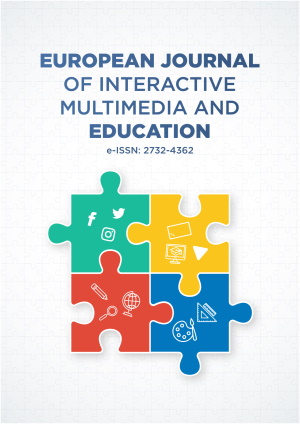Abstract
This study aimed to investigate ICT competency of mathematics teachers at secondary schools of Nepal. A cross-sectional survey design was deployed among 336 secondary school teachers of Nepal. The data was analyzed by Mann Whitney U, Kruskal Wallis H, and multiple linear regression. Result showed that teachers’ ICT competency level was found to be proficient in the fundamental concept of computers and the use of Internet. In contrast, it was found to be developing-level in software and hardware. Statistically significant results were found in competencies with respect to age, type of school, culture, and district. Additionally, own laptop, Internet use, work experience, knowledge of software and hardware were significant predictors for ICT competency of teachers. The overall findings clarify that ICT enhancement programs are needed for mathematics teachers at secondary schools in Nepal.
License
This is an open access article distributed under the Creative Commons Attribution License which permits unrestricted use, distribution, and reproduction in any medium, provided the original work is properly cited.
Article Type: Research Article
EUR J INTERACT MULTIMED ED, Volume 2, Issue 1, January 2021, Article No: e02107
https://doi.org/10.30935/ejimed/10847
Publication date: 15 Apr 2021
Article Views: 4360
Article Downloads: 4062
Open Access References How to cite this article
 Full Text (PDF)
Full Text (PDF)